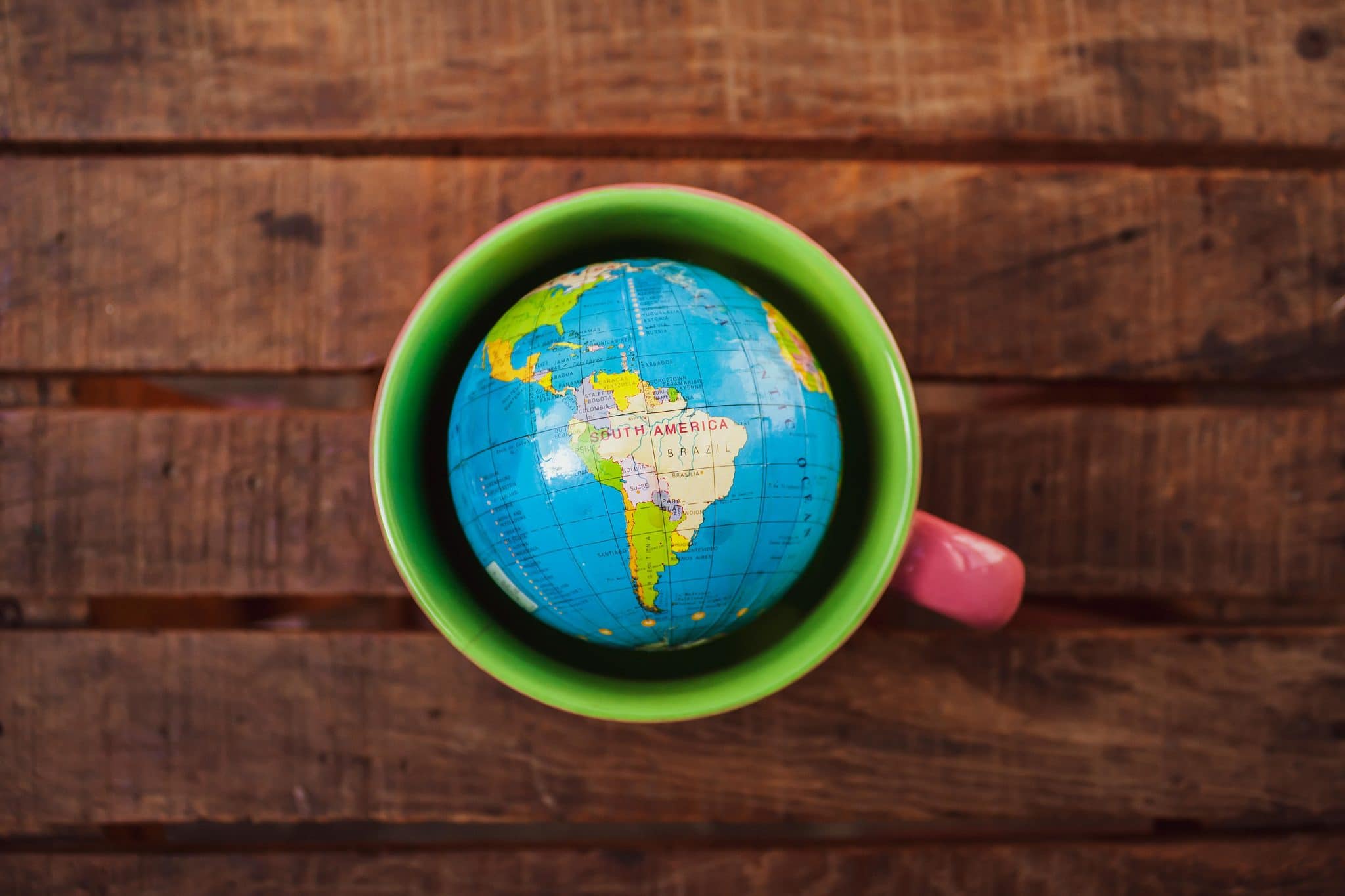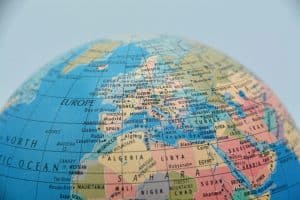Immigration Policy Shifts in a Globalized World
In today’s globalized world, immigration policy shifts have become a hot-button issue, with countries around the world facing increasing pressure to address the flow of people across borders. While immigration has always been a part of human history, the rise of globalization has brought about new challenges and opportunities, forcing governments to reevaluate their policies. In this article, we will explore the various ways in which immigration policy has shifted in response to globalization, and the impact it has on individuals and societies.
What is globalization and how has it affected immigration?
Globalization can be defined as the process of increased interconnectedness and interdependence among countries, economies, and cultures. With advancements in technology, transportation, and communication, the world has become more interconnected than ever before. This has led to an increase in the movement of people, goods, and ideas across borders, which has greatly influenced immigration policies around the world.
One of the main ways in which globalization has affected immigration is through economic shifts. As developed countries seek out cheaper labor and developing countries strive for economic growth, there has been a rise in labor migration. This has resulted in changes in immigration policies, with many countries implementing temporary work visas and guest worker programs to meet their economic needs.
Furthermore, globalization has also brought about cultural shifts, with increased diversity and multiculturalism in many countries. This has led to debates about integration and assimilation of immigrants, and has influenced policies aimed at promoting diversity and inclusivity.
Shift towards selective immigration policies
In the past, most countries had open-door policies that allowed for mass migration. However, as globalization has brought about economic and cultural shifts, many countries have shifted towards selective immigration policies. This means that they are more selective about who they allow into their borders, based on factors such as education, skills, and financial stability.
This shift towards selective immigration has been driven by the need for countries to attract and retain high-skilled workers that can contribute to their economy. This has resulted in the implementation of points-based systems and job-specific immigration programs, which prioritize individuals with desired skills and qualifications.
Crackdown on illegal immigration
As the flows of people have increased, so has the issue of illegal immigration. This has become a major concern for many countries, leading to heightened border security and crackdowns on undocumented migrants. Governments have implemented stricter border control measures, such as building physical barriers and increasing surveillance, in an effort to stem the flow of illegal immigration.
However, while these measures may seem necessary for national security and sovereignty, they have also been met with criticism for their human rights implications. Additionally, the crackdown on illegal immigration has resulted in an increase in deportations and detention of immigrants, which has impacted families and communities.
The role of technology
Technology has played a significant role in the shift of immigration policies in a globalized world. The use of biometrics, such as facial recognition and fingerprinting, has become increasingly common in immigration processes. This not only helps with border control and national security, but also facilitates the movement of people by providing faster and more efficient border crossings.
Additionally, social media and digital platforms have made it easier for immigrants to connect with their families and communities in their home countries, as well as to adapt to their new countries. This has also impacted policies, with some countries now offering digital or virtual citizenship to immigrants.
The impact on individuals and societies
The shifts in immigration policies in a globalized world have had a profound impact on individuals and societies. While some have benefitted from increased opportunities for education, work, and cultural exchange, others have faced challenges such as discrimination, difficulty in obtaining legal status, and family separation.
Furthermore, changes in immigration policies have also led to changes in demographics in many countries, with some facing aging populations and others experiencing a rise in diversity. This has sparked debates about the impact of immigration on national identity and cultural values.
The way forward
As the world becomes more interconnected and borders become increasingly porous, it is clear that immigration policy shifts will continue to be a crucial issue for governments around the world. However, in order to address the challenges and make the most of the opportunities that globalization brings, it is important for immigration policies to strike a balance between national interests and humanitarian concerns.
Moreover, it is crucial for policies to be based on accurate data and information, and to be constantly evaluated and adjusted to meet the evolving needs of societies. By prioritizing fair and comprehensive policies, countries can harness the potential of immigration to drive economic growth and promote social cohesion in a globalized world.
Conclusion
The shifts in immigration policy in a globalized world reflect the complexity and impact of globalization on societies and individuals. While it brings about challenges and debates, it also presents opportunities for countries to embrace diversity and foster innovation. As immigration policies continue to evolve, it is important for countries to navigate the changes with sensitivity and compassion, in order to build a more inclusive and prosperous future.










